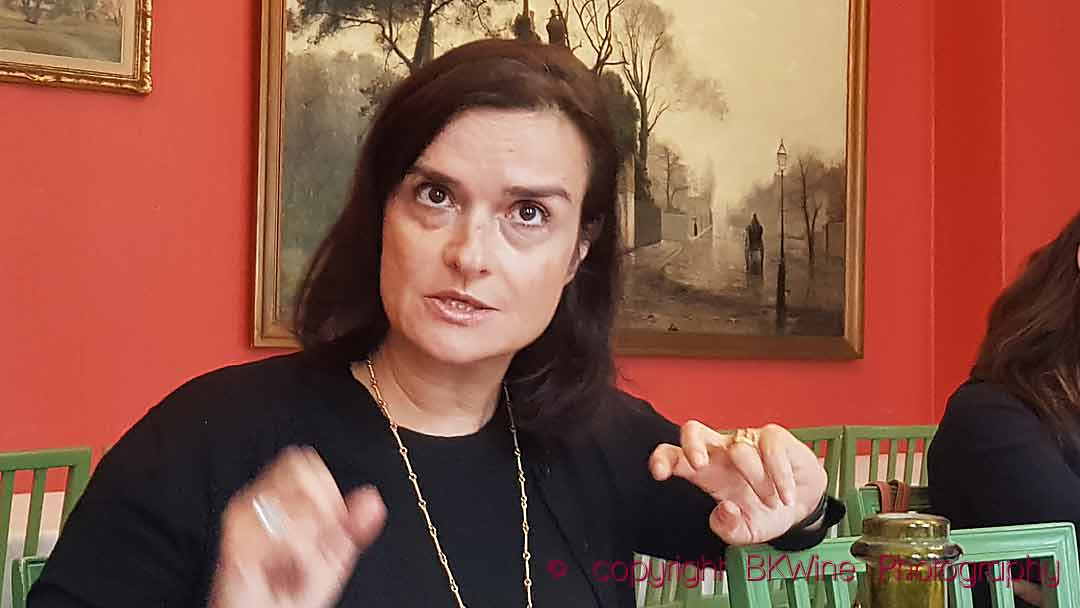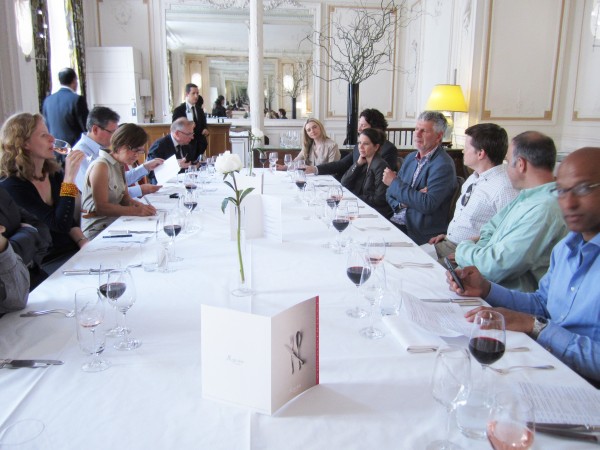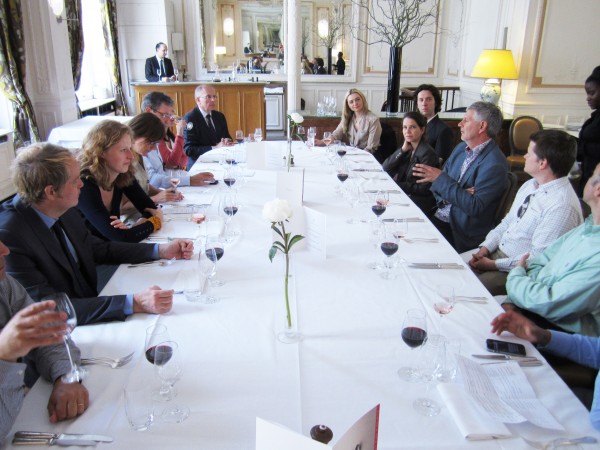On March 6 we had the pleasure to welcome Marina Niforos to Lunch at the Circle. She spoke about Web3, block-chain, NFTs and much more.
Watch the video interview with Marina below.
Marina Niforos is an experienced board member, advisor, investor and academic, working at the intersection of deep technology and impact. She is world recognized expert on blockchain and web3 and a member of the EU Blockchain Observatory and Forum. She is lead author of the IFC-World Bank report on blockchain: Opportunities for Private Enterprises in Emerging Markets and a frequent contributor in media (Bloomberg, FT, CoinDesk and others). She is also Affiliate Professor of the Future of Work at HEC Paris business school EMBA programs. EU Startups named Marina one of “one of five female leaders driving change in the European blockchain ecosystem”.
Marina spoke about web3.
Web3 is an idea for a new iteration of the World Wide Web which incorporates concepts such as decentralization, blockchain technologies, and token-based economics (Wikipedia).
I should also point out that Marina is sitting next to the desk where Alfred Nobel wrote and signed his testament creating the Noble Prize. It is just barely visible at the edge of the frame. A copy of the testament hangs on the wall.





